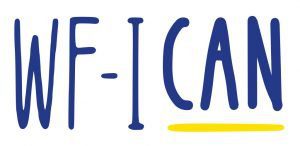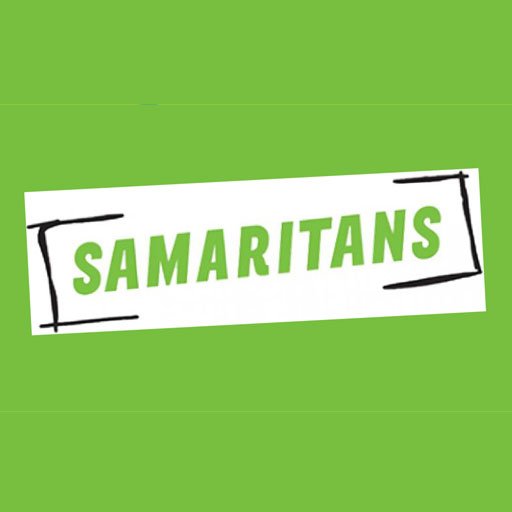Global ethnic majority (gem)
Feeling different because of issues around ethnicity affecting young people can be difficult
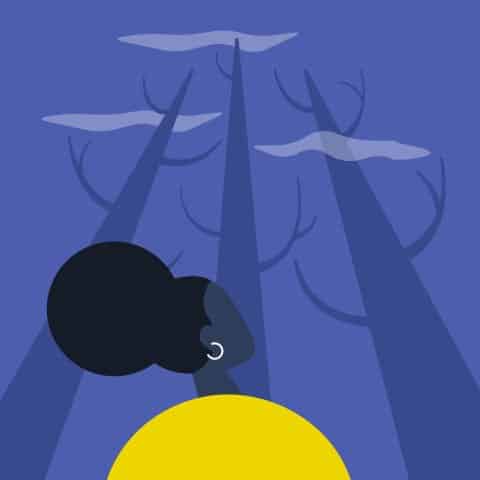
What does GEM mean?
GEM stands for Global Ethnic Majority. It is the term used to refer to people from non- white communities. This covers a wide range of backgrounds with various different cultural influences and potentially different needs.
This page looks at some of the issues affecting GEM young people and how to access support to be and celebrate yourself and have fun.
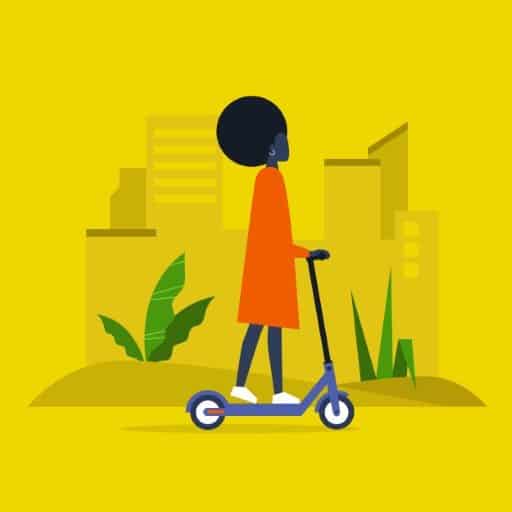
People from GEM communities often face individual and societal challenges that can affect their access to services and overall physical and mental well-being. Unfortunately GEM young people can face discrimination in the form of racism at times throughout their lives which research has shown cause great stress and impact upon mental well-being.
Unfortunately, people from GEM communities may experience racism. This exists in societies from historical white privilege. ACTING IN A RACIST MANNER IS AGAINST THE LAW. Racism can be overt – obvious e.g. name calling, or covert; hidden and less obvious. Either way both are seeking to cause upset and distress. It could even be seen as part of an organisation for example the workforce is all white although many GEM people live in the area and have applied for work yet reference always given to white people. This is institutional or systematic racism.
ISLAMAPHOBIA – is a form of racism. It is specifically prejudice against people from the Islamic religion or Muslims in general.
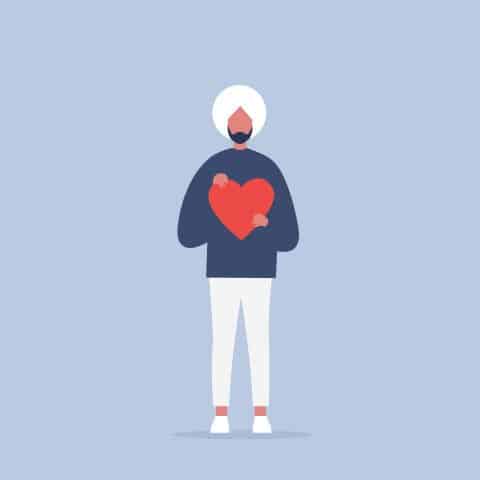
Young people can suffer from racism through:
- Bullying and discrimination at school or work
- Being stereotyped
- Feeling upset, confused and depressed by other peoples’ actions towards you
- Keeping things bottled up
- Struggling to get through day to day
- Low mood, low self esteem
- Prejudice, discrimination and hate crimes.

Things to consider about being GEM
Some people have little or no understanding around different ethnicities and this may affect their ability to have a relationship with you. This is their problem not yours.
It may be difficult to start a conversation about your ethnicity but it can help you have a closer and more honest relationship with family and friends. It is up to you IF you want to do this (or who you speak to) but remember that some people may not understand or be hostile.
Thankfully, on the whole most people are good. However if you do experience discrimination or bullying there are people out there who can help you. Experiences of such discrimination can have a really bad impact on our well-being and mental health. Look after yourself.
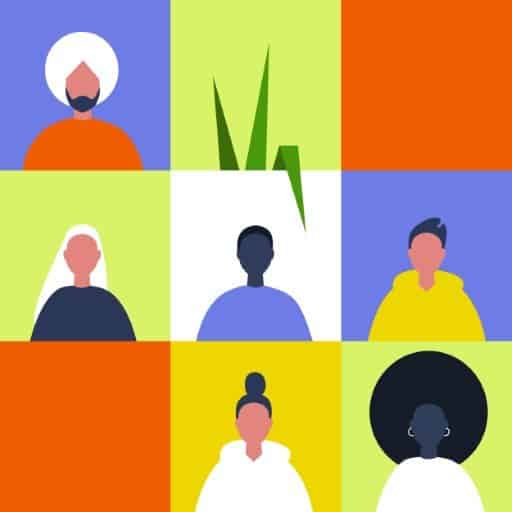
Believe in yourself. Be proud. Celebrate culture and diversity.
- I am a part of a great and vibrant community
- I am interesting
- I enjoy many things from my heritage – fashion, music, food
- You enjoy many things from my heritage – Chicken tikka masala is more popular than fish and chips!
- My ancestors have stood up to and fought racism and oppression
- I have conquered and overcome much to give myself a better life
- I understand oppression. I understand bullying. I can support others to overcome these.
- I am resilient
- When feeling strong I will engage in conversations to overcome the ignorance of others.

And relax...
If you’re feeling hurt and stressed and anxious by what has been happening, try some of these muscle exercises to help you relax
- Hands - clench one hand tightly for a few seconds as you breathe in. You should feel your forearm muscles tense; then relax as you breathe out. Repeat with the other hand.
- Arms - bend an elbow and tense all the muscles in the arm for a few seconds as you breathe in; then relax as you breathe out. Repeat the same with the other arm.
- Shoulders - raise your shoulders as high as you can as you breathe in; then relax as you breathe out.
- Neck - press your head back as hard as is comfortable and roll it slowly from side to side; then relax.
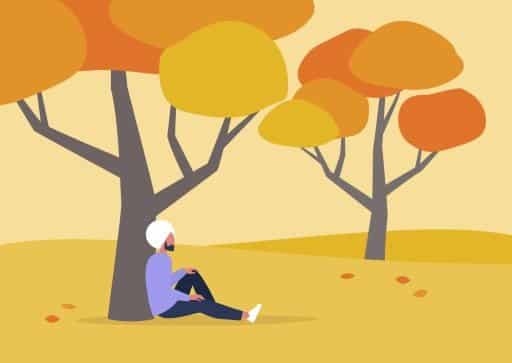
Look after yourself!
- Stay active
- Eat well
- Go outside; enjoy the fresh air
- Stay connected with others – talk to friends, meet on Zoom
- Stay safe
Want to find out more?
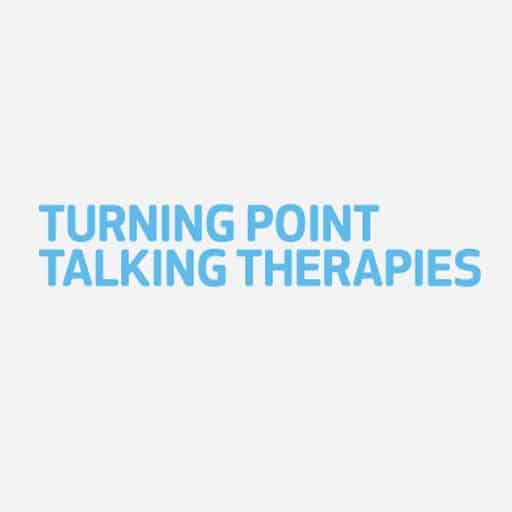
Turning Point - Talking Therapies
If you are 16 years or over and registered with a GP Surgery in Wakefield District you can access Turning Point Talking Therapies.
Tel: 01924 234860
Wakefield.talking@turning-point.co.uk
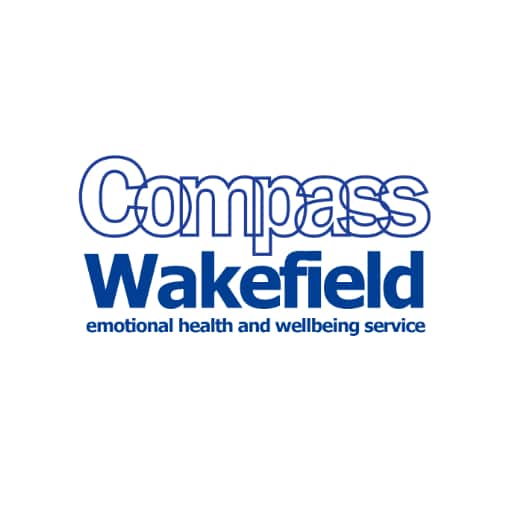
Compass Wakefield
Helps children, young people and families facing low mood, friendship problems, bullying, online bullying or feeling angry, lonely or sad before things get worse. Text BUZZ to 85258 for text messaging support, call 01924 665 093 or send off a referral form
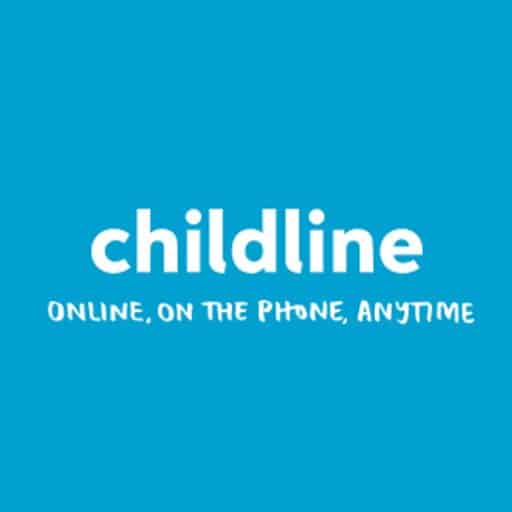
Childline
Free, confidential service where you can talk about anything online on the phone anytime. Tel: 0800 1111
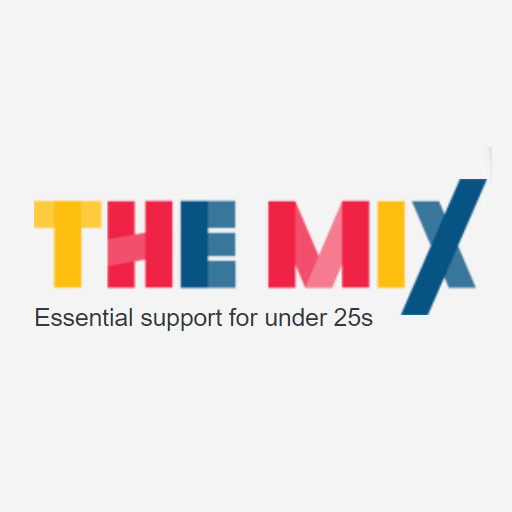
The Mix
Essential support for under 25s. Covering a range of issues, including racism.
Crisis messenger, 1-2-1 chat or phone: 0808 808 4994
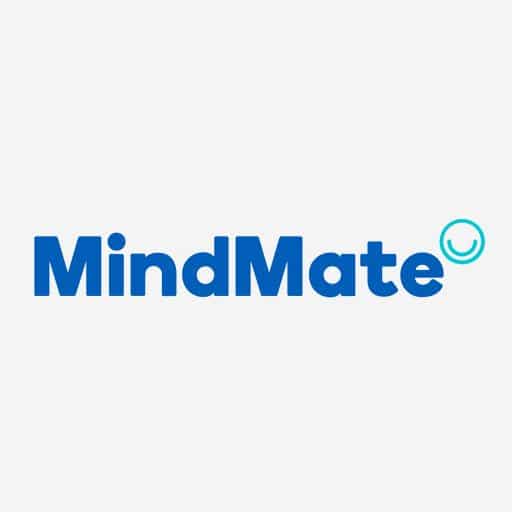
MindMate
Information and useful links on a range of topics to help young people with their mental health and wellbeing.
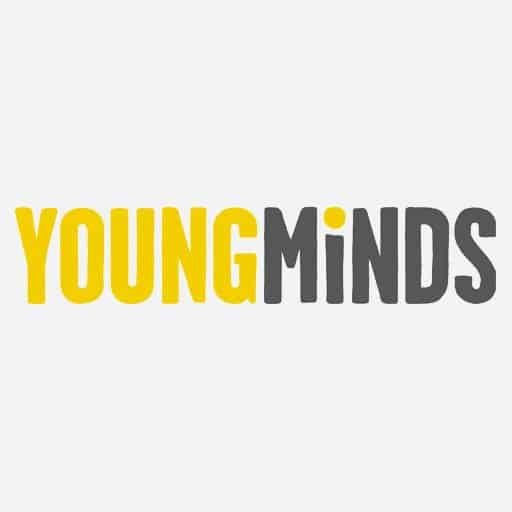
Young Minds
Young Minds Crisis Messenger for 24/7 support across the UK if you are experiencing a mental health crisis.
If you need urgent help text YM to 85258
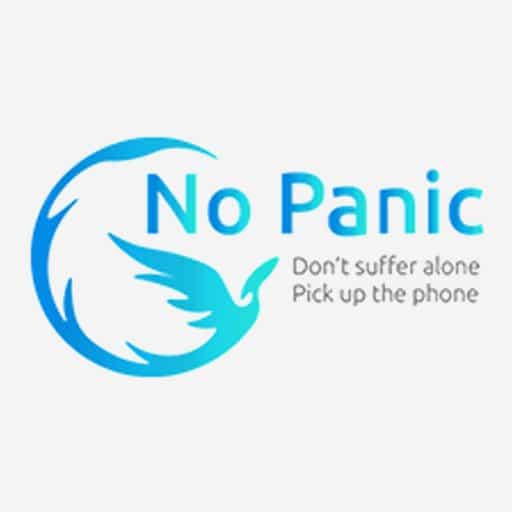
No Panic
Panic attacks, OCD, phobias.
Helpline: 0844 967 4848 (10am - 10pm (charges apply)
Crisis No 01952 680835 (24 hour)
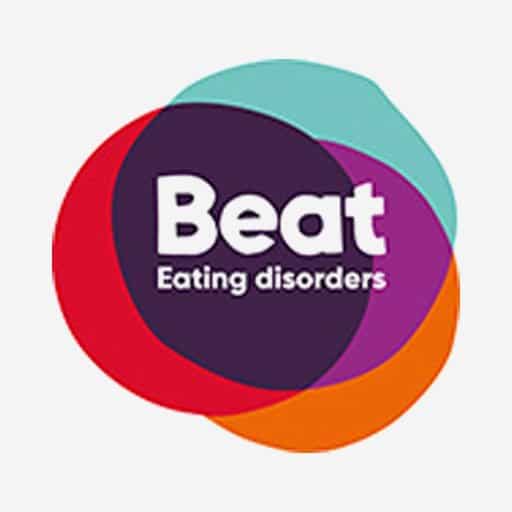
Easting Disorder Charity: B-eat
For under 18 year olds
Email: fyp@b-eat.co.uk
Phone: 0345 634 7650
(4pm to 10pm - 365 days a year)
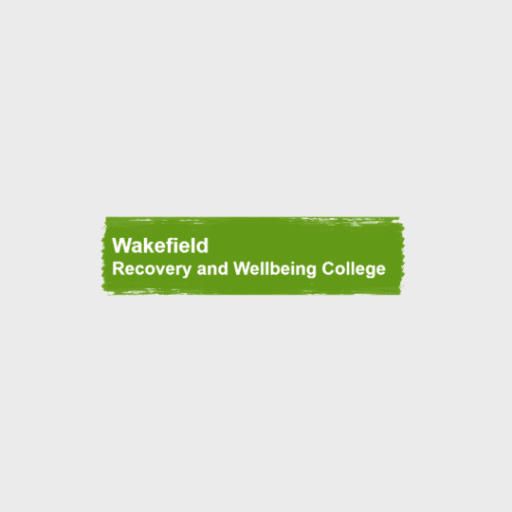
Wakefield Discovery College
Provides free courses and workshops that can help anyone aged 16-25 with their wellbeing and recovery journey.
